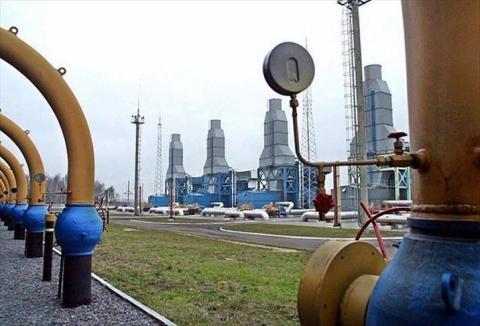Turkey seeks gas discount and flexible contracts

The expiry of long-term, oil-indexed natural gas contracts at the end of 2021 offers Turkey an opportunity to negotiate more competitive gas prices based on more flexible terms, particularly with Russia.
Next year will be a critical one for the gas sector, with the expiry of natural gas contracts amounting to 15.9 billion cubic meters (bcm) out of a total of 58 bcm. Of these expiring contracts, 6.6 bcm is from Azerbaijan, 8 bcm from Russia and 1.3 bcm from Nigeria.
This is in conjunction with the expired gas contract of 2.1 bcm this September with Qatar, which is up for renewal in 2021.
However, experts think that the gas contract renewal of 6.6 bcm with Azerbaijan is unlikely, as Turkey is already importing 6 bcm of natural gas via the Trans Anatolian Natural Gas Pipeline (TANAP).
Therefore, excluding imports from Azerbaijan; 11.4 bcm from Russia, Nigeria and Qatar, accounting for 20% of Turkey's total gas contract capacity, are up for negotiation.
The ending of these contracts is considered a determinant of Turkey's gas import costs and for the gas sector overall.
Turkey is seeking to have a more flexible gas contract structure with Russia's Gazprom following the expiry of the oil-indexed contracts, which were based on a take or pay obligation and did not allow for the re-export of imported gas.
As Turkey no longer wants to carry the burden of restrictive contracts, it has, over the last few years, developed LNG and Floating Storage Regasification Unit (FSRU) storage facilities to allow for more flexible gas trade.
"Thanks to this flexibility, Turkey benefited from LNG prices that hit the lowest levels in the second quarter of this year to supply a significant part of its gas needs via LNG," Volkan Yiğit, a...
- Log in to post comments










